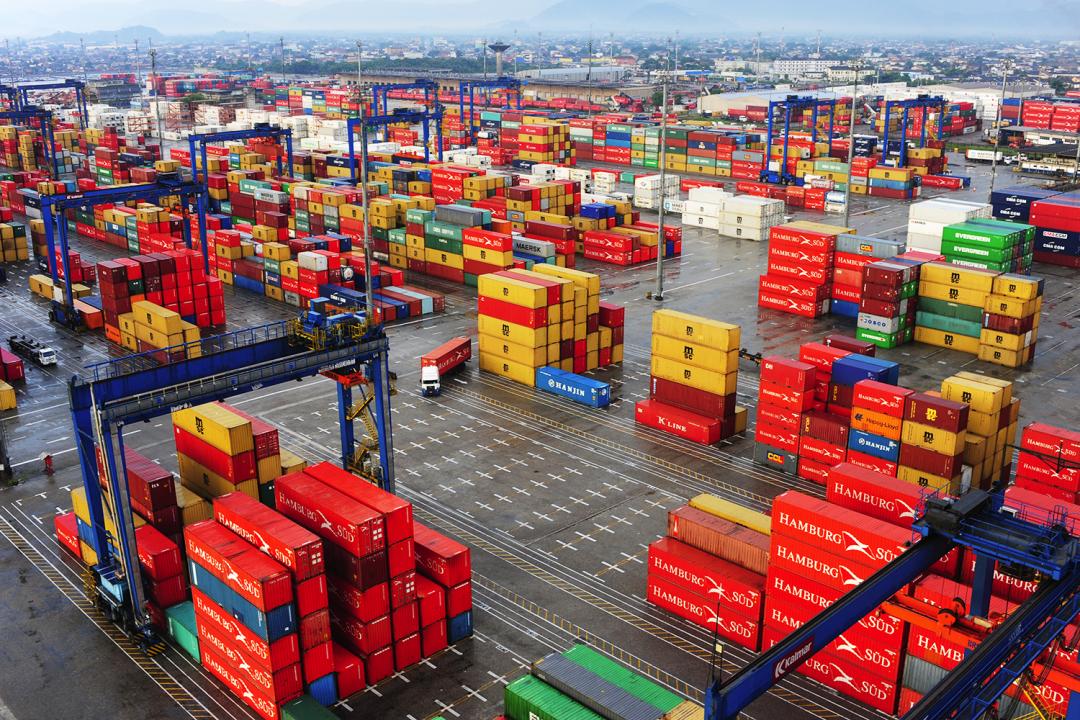The Single Window for Licensing Commercial Activity (JULAC) issued, between April 2021 and July of this year, 205,019 licenses, in response to a total of 251,577 requests for international trade facilitation. The data are contained in a report by the Institute of Administrative Modernization (IMA) dedicated to the Integrated Foreign Trade Platform (PICE), indicating that, in the period in question, a total of 79,950 national and foreign companies obtained licenses, with an average of 596 licenses issued. per day. The report points out, among the main challenges of simplifying customs processes, is the reduction of time and increase in the quality of factors such as customs bureaucracy, taxation, import bureaucracy, lack of standardization of customs processes and lengthy customs processes. The JULAC creation, according to the IMA, aims to revitalize and modernize the areas of industry and services of Angolan society, with a view to the sustainable development of the economy and improvement of the social and cultural conditions of citizens and companies. Presidential Decree nº 220/18, of 25 September, which approves measures to improve the control of exports and their earnings, adoption of a single computer system for international trade and improvement in the inspection of seas and oceans, provides for measures of a that are at the origin of Presidential Decree nº 63/19, of 21 February, institutionalizing the Single Window for External Trade (JUCE). “The implementation of the Integrated Platform for International Trade (PICE) is simplifying and streamlining the process of importing goods and services to Angola through the digital harmonization of the administrative process transversal to all the entities covered and in a single flow, through the single window , with an impact on reducing customs clearance time and costs, as well as greater security and speed in the processing of customs processes”, reads the report.
Strategic plan
The Strategic Plan of the Instituto de Modernização Administrativa -2027 (PEIMA 27 ) establishes 64 strategic actions based on four axes, predominantly for the reengineering of processes and simplification of procedures Interoperability, as well as the digital transformation of Public Administration. Also noteworthy are electronic authentication and Information Security, as well as competence and Valuing Human Capital. “The goal is to stimulate and ensure support for the process of diversifying the economy and accelerating digital transformation, as a basic principle for the modernization of the information and knowledge society, as well as for the insertion of the country at the top of ICT in the Community of countries. of Southern Africa (SADC), from the perspective of the free trade area”, according to the document. A previous diagnosis made it possible to identify priority areas of intervention to improve the definition of actions to be carried out, promote accessibility and standardization of more inclusive, transparent, informative and communicative public services, effective in the fight against corruption, based on innovation, reduction of human intervention and adaptation to demand. With a view to reusing technological solutions and infrastructures already in use in the Public Administration, the Institute of Administrative Modernization opted for the extension of SILAC and the computerization of the licensing system to commercial, industrial, fisheries and agriculture, civil construction and sector licensing bodies of health.
![]()




